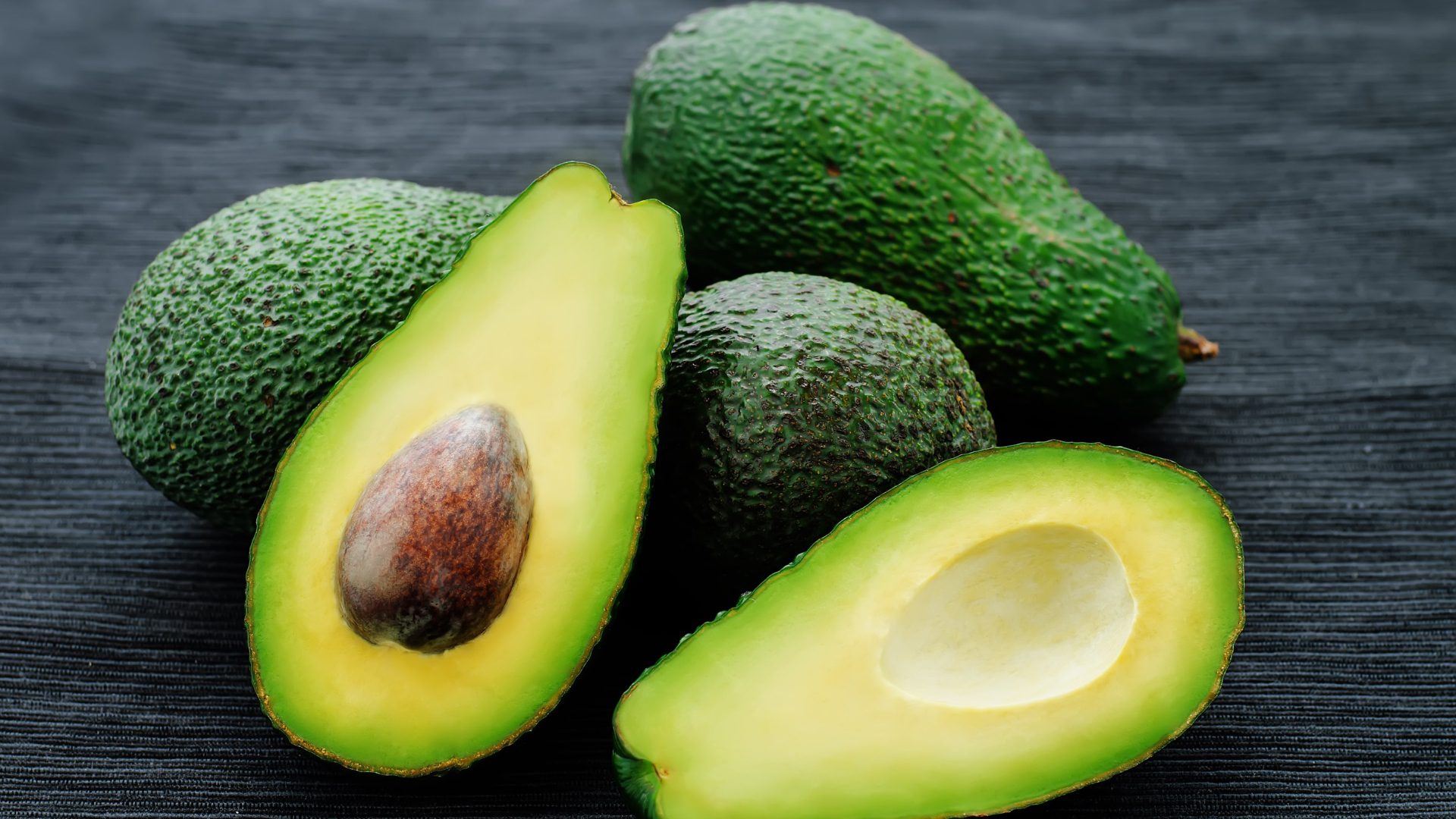
Avocados are known as one of the healthiest superfoods, rich in healthy fats, fiber, and essential nutrients. While most people enjoy the creamy green flesh, there has been growing curiosity about the avocado seed—the large pit found at the center. Some health enthusiasts claim that the seed is packed with antioxidants and other beneficial compounds, while others warn that it may not be safe for consumption. So, what’s the truth?
Table of Contents
Nutritional Value of Avocado Seeds
Preliminary studies suggest that avocado seeds contain a variety of plant compounds, including antioxidants, phenolic compounds, and fiber. These compounds may help fight free radicals, reduce inflammation, and support digestion. Some lab-based research even suggests potential antibacterial and antifungal properties.
However, it’s important to note that much of this research is still in the early stages, and many studies have been conducted in animals or in vitro (outside the human body). There is still limited clinical evidence on how avocado seeds affect human health.
Potential Health Benefits
-
Antioxidant Power: Avocado seeds contain phenolic compounds, which may help combat oxidative stress in the body.
-
Digestive Health: The seed is high in fiber, which could support gut health and regular bowel movements.
-
Heart Health: Some studies suggest that extracts from avocado seeds may help reduce cholesterol levels, potentially benefiting cardiovascular health.
-
Anti-Inflammatory Effects: Compounds in the seed may help reduce inflammation, which is linked to chronic conditions like arthritis and heart disease.
Safety Concerns and Risks
While avocado seeds may sound like a hidden superfood, there are safety concerns you should consider:
-
Toxic Compounds: Like many seeds, avocado pits contain small amounts of compounds that may be toxic in high doses.
-
Lack of Human Research: There are not enough studies confirming the safety and benefits of eating avocado seeds in humans.
-
Hard Texture: The pit is extremely hard and requires grinding or blending, which can damage kitchen appliances if not handled carefully.
-
Digestive Issues: Eating too much seed powder may cause stomach upset or constipation due to its dense fiber content.
How Some People Consume Avocado Seeds
Those who experiment with avocado seeds typically dry and grind the seed into powder before adding it to smoothies, teas, or baked goods. This method makes it easier to consume, but safety remains uncertain due to the lack of definitive research.
What Experts Say
Most nutritionists and health experts recommend caution. While avocado flesh is safe and highly nutritious, the seed is not officially recognized as safe for human consumption. Until more scientific studies confirm its health benefits and safety, it’s best to avoid eating the seed regularly.
The seed of an avocado does contain antioxidants and fiber, which may have potential health benefits. However, due to the lack of solid human research and potential safety risks, it is not considered safe or necessary to eat avocado seeds. The flesh of the avocado already provides plenty of nutrition, including heart-healthy fats, vitamins, and minerals.
If you’re looking to boost your diet with antioxidants and fiber, stick to well-researched foods like berries, nuts, seeds (chia, flax, pumpkin), and leafy greens. For now, it’s best to enjoy avocados the traditional way—by eating the delicious green fruit and leaving the seed out.


